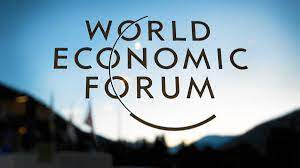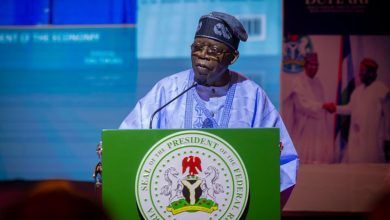
The Securities and Exchange Commission (SEC) of Nigeria has announced the issuance of six Sovereign Sukuk worth ₦1.1 trillion ($657.6 million), aimed at financing 124 federal road projects spanning over 5,820 kilometers across the country’s six geopolitical zones. Emomotimi Agama, the SEC’s Director General, made this announcement during the 2nd International Islamic Capital Market Conference in Karachi, Pakistan, on Thursday.
The Sukuk issuances, which began in 2017, have been a key driver of the growth of Nigeria’s Islamic Capital Market (ICM). Agama highlighted that these Sukuk offerings have consistently been oversubscribed, with demand peaking at 441%. The success of these issuances underscores Sukuk as a resilient and innovative financing tool, contributing to infrastructure development in Nigeria.
In addition to federal Sukuk issuances, Agama noted the growing trend of sub-national and corporate Sukuk in Nigeria, citing examples like Osun and Lagos states, Family Homes Ltd, and TAJ Bank Plc. These Sukuk have funded various projects, including school infrastructure, housing, and even tier-1 capital for banks, showcasing Sukuk’s versatility.
Beyond Sukuk, Nigeria’s ICM sector has seen significant expansion, with 14 registered Halal mutual funds valued at over ₦105 billion as of November 2024. The Nigerian Stock Exchange’s Lotus Islamic Index now tracks 11 Sharia-compliant equities, and Nigeria’s first Islamic Real Estate Investment Trust, ChapelHill N-REIT, demonstrates the potential of real estate investments in the sector.
The growth of Nigeria’s Islamic finance industry is driven by both global and local factors. Internationally, trends such as economic diversification in oil-dependent economies and regulatory support are boosting demand for Sharia-compliant products. Locally, Nigeria’s large Muslim population, government-backed Sukuk initiatives, and increased investor awareness are fueling market expansion. Technological innovations in fintech also present opportunities for further growth, with the SEC’s registration of Nigeria’s first Robo-advisory firm focused on Sharia-compliant investments in 2022.
Agama attributed the success of Nigeria’s Islamic Capital Market to strategic initiatives focusing on infrastructure financing, financial inclusion, and sustainability. The SEC’s engagement with Islamic finance dates back to 2004, culminating in the issuance of Islamic fund and Sukuk rules in 2010 and 2013. These efforts have been consolidated in the Non-Interest Capital Market Master Plan (2015–2025), which targets a 25% market share for the ICM by 2025, with Sukuk accounting for 15%.
The NICM Master Plan has shown remarkable progress, with 70% of its initiatives fully implemented by 2022, including improved public awareness, increased retail participation, and the introduction of a Non-Interest Pension Fund. However, challenges remain, including limited public awareness of Islamic finance principles and the scarcity of tradable instruments. The SEC is addressing these issues through capacity-building and collaboration with stakeholders, particularly in developing Sharia-compliant housing finance solutions and asset-backed instruments to further deepen the market.





